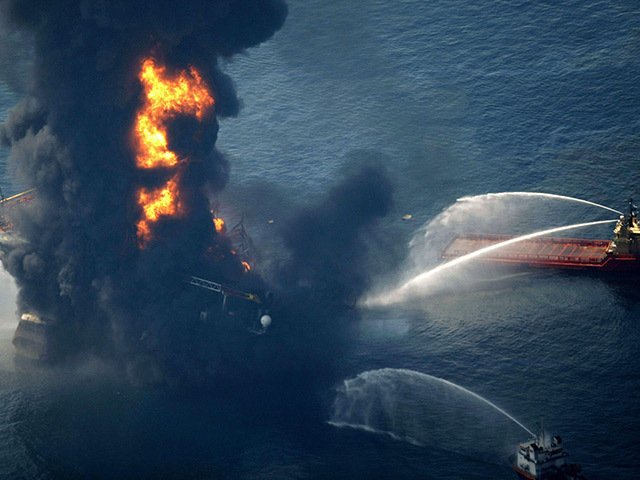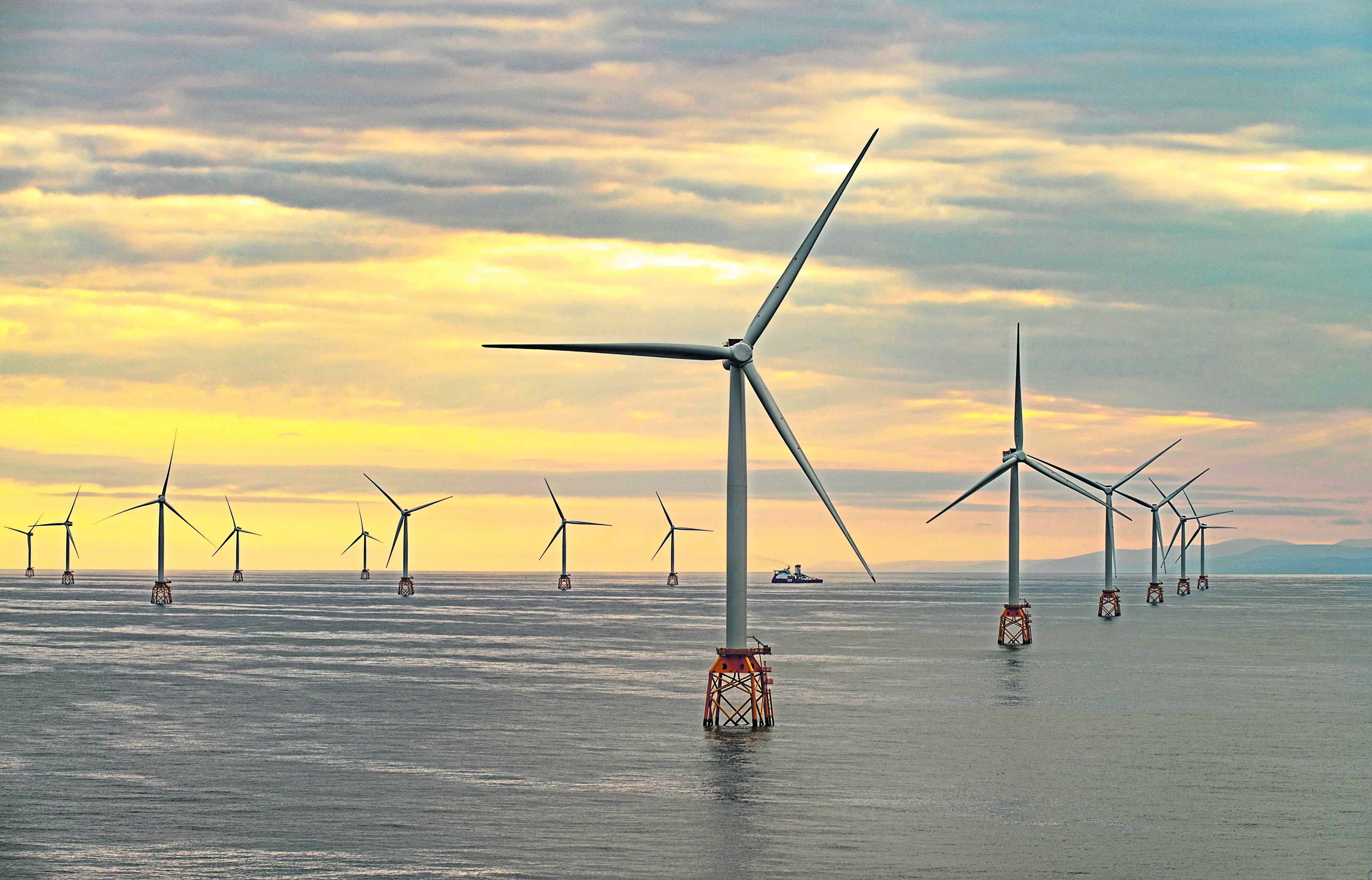
Despite the stark warning of the US Gulf of Mexico’s Macondo disaster in April 2010, there is a danger that research and development into future offshore disaster hydrocarbons response is already falling by the wayside.
Michael Bromwich of Bromwich Associates, who played a prominent role in straightening out the US oil response machine on the order of President Obama, warned that the billions of dollars currently being spent on emergency hardware was reactive … just like the response to the Exxon Valdez tanker disaster of 1989.
Speaking at Offshore Europe he said: “My concern has always been what happens after the emergency is not an emergency any more.
“I’m not talking about the expansion of the capabilities of the existing tools that we now have to deal with subsea blowouts and other kinds of emergency, who’s doing the R&D.
“Who’s looking around the corner, seeking to deal with a set of problems that we maybe haven’t had to deal with yet. Who’s doing that?
“Is it the big companies? Is it universities in America and elsewhere?
“What we’ve found is that there is a huge R&D deficit on prevention, on containment and on spill response.”
Bromwich, clearly unhappy with the current situation, said he wanted to know what changes there have been in terms of funding this kind of response R&D.
“It’s shocking how little it’s developed in the 23 years since Exxon Valdez. A spill happens and, whaddya know, you’ve got the same stuff, the same equipment that was used back then.
“So, medium to long-term, who is doing that R&D? Is there a funding stream, both within individual companies and the industry as a whole that gives the confidence that we’re going to be prepared for the next Macondo.”
Keith Lewis, project manager of the Subsea Well Response Project (SWRP), which is part of the reactive response in the GoM, said there was no commercial driver for developing the R&D capability that Bromwich wants to see evolve.
He defended the current position saying there is currently plenty of money available to underpin the various initiatives and that they are making great strides.
But then Lewis said: “Over time, what happens? Does it taper off? Does it become another post-Valdez kind of response? That’s where regulation has a role … to provide the commercial incentive.”
Robert Limb, CEO of Oil Spill Response Ltd of Southampton signalled that there was a real danger of losing momentum.
Speaking from the European perspective he said: “What we have right now is a JIP (joint industry project) funded through to the end of 2014, which is about writing all the processes and procedures for the standard oil-spill response; though not for subsea.
“It’s collaborating with the American Petroleum Institute’s JIP in Houston.”
Recommended for you
